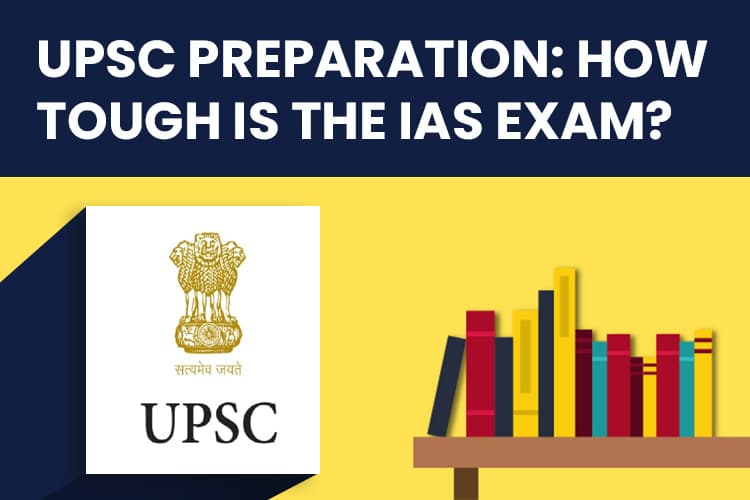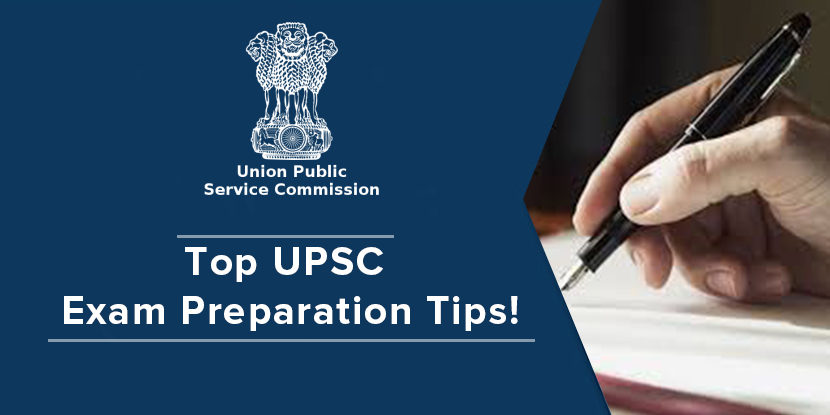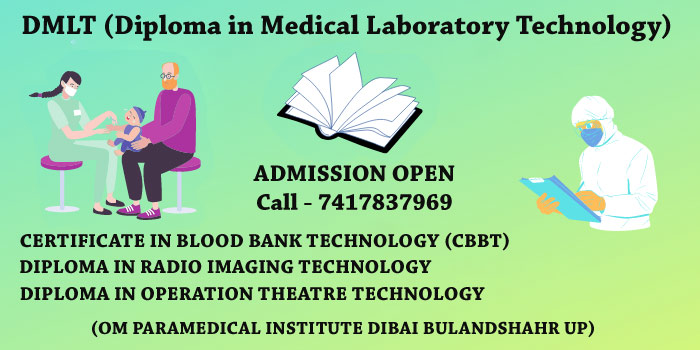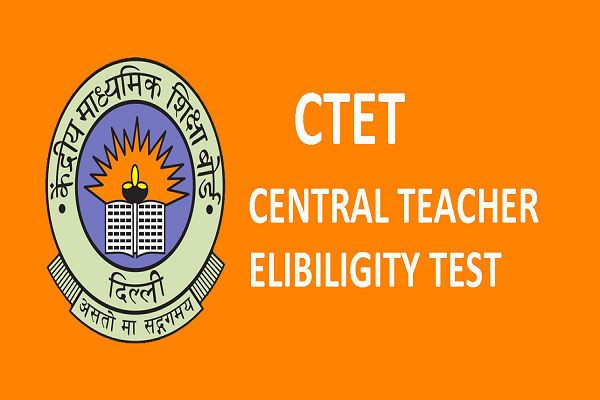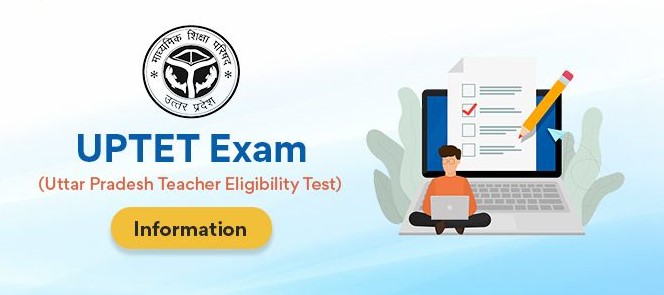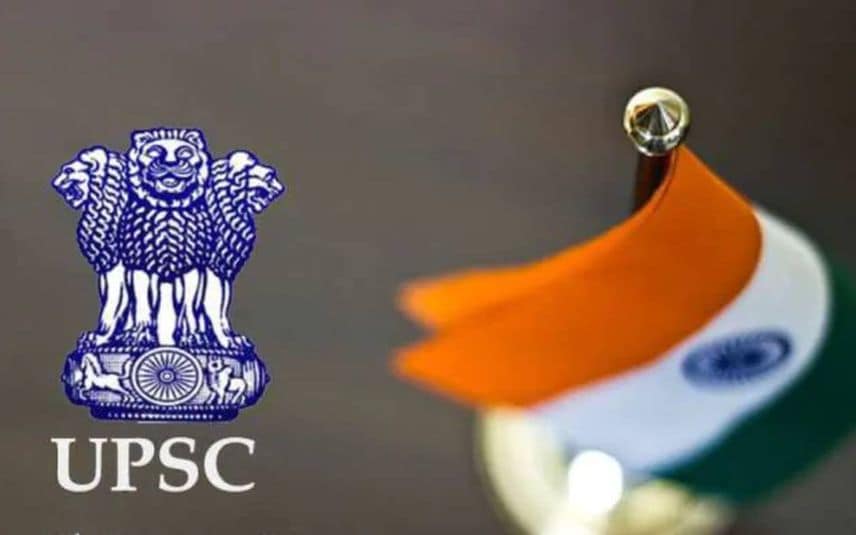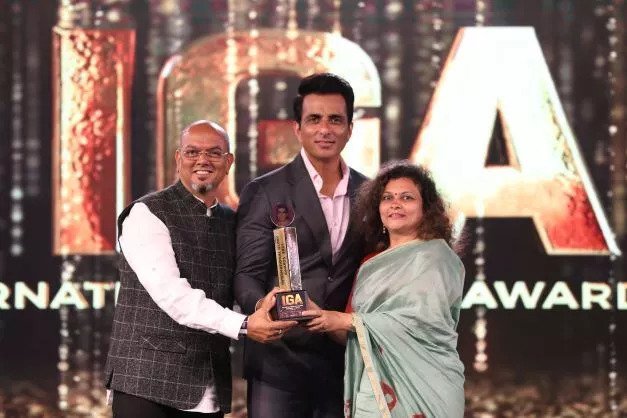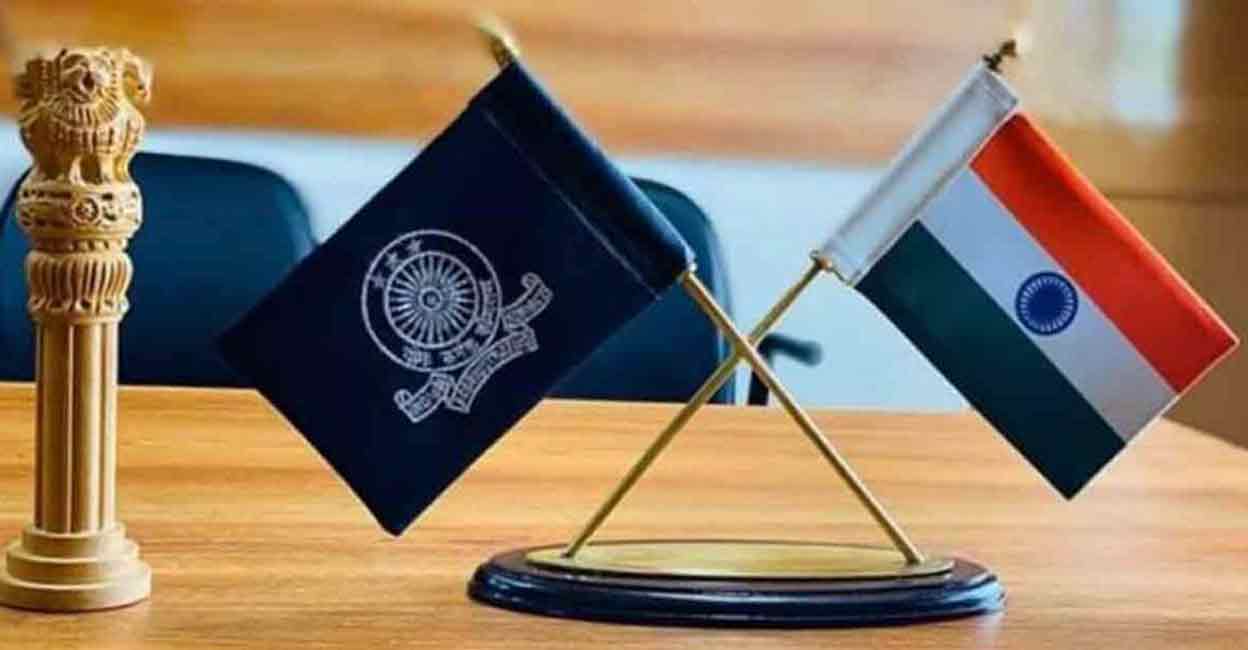
How to prepare for UPSC exams?
Preparing for the UPSC Civil Services Examination (CSE) requires a smart strategy, consistency, and disciplined study. Here’s a complete step-by-step guide to help you get started:
First Understand What is UPSC:
The Union Public Service Commission (UPSC) is India's premier central recruiting agency responsible for conducting examinations for appointments to the various civil services of the Government of India. Established in 1926, UPSC functions under Article 315 to 323 of Part XIV of the Indian Constitution. It operates as an autonomous body and ensures free and fair recruitment through a transparent and merit-based selection process. The most prestigious exam conducted by UPSC is the Civil Services Examination (CSE), which recruits officers for high-ranking administrative positions such as the Indian Administrative Service (IAS), Indian Police Service (IPS), Indian Foreign Service (IFS), and several other Group A and Group B services. Apart from CSE, the UPSC also conducts other important exams like the Indian Forest Service (IFoS), Engineering Services Examination (ESE), Combined Defence Services (CDS), National Defence Academy (NDA), Combined Medical Services (CMS), and Indian Economic and Statistical Services (IES/ISS), among others.
The Civil Services Examination is considered one of the toughest competitive exams in India and is conducted in three stages: Preliminary, Mains, and Interview (Personality Test). The Preliminary exam is objective in nature, testing general knowledge and aptitude, while the Mains exam is descriptive and assesses in-depth understanding of subjects. The final stage, the Interview, evaluates the personality, decision-making ability, and leadership qualities of candidates. The selection process is highly rigorous, and only a small percentage of applicants are selected each year, making it a highly respected and competitive examination.
UPSC plays a vital role in shaping the administrative framework of the country. Officers selected through UPSC hold key positions in government departments, policy formulation, law enforcement, and public welfare. These services are not just jobs but powerful platforms to bring positive change to society. UPSC ensures that individuals with the right values, intelligence, and integrity enter public service, maintaining the administrative machinery's credibility and effectiveness.
The commission functions independently, and its members are appointed by the President of India. The chairman and other members have a fixed tenure, which protects them from political or external pressures, thereby ensuring neutrality and objectivity in the selection process. Over the decades, UPSC has earned a reputation for fairness, transparency, and high standards in recruitment.
1. Understand the UPSC Exam Structure
There are 3 stages:
-
Prelims (Objective)
-
General Studies (GS Paper I)
-
CSAT (GS Paper II – qualifying)
-
-
Mains (Written – Descriptive)
-
9 papers (2 qualifying + 7 for merit)
-
-
Interview (Personality Test)
2. Know the Syllabus Thoroughly
Download and print the syllabus. Keep it beside you while studying. Every topic must relate back to the
3. Follow a Clear Timeline
Suggested Duration: 12–18 months
-
Month 1–3: NCERTs + Basic Reading
-
Month 4–9: Standard Books + Notes + Current Affairs
-
Month 10–12: Prelims-focused revision + Mock Tests
-
Post Prelims: Mains answer writing + Optional subject
4. Recommended Booklist (Standard)
General Studies:
-
Polity: Laxmikanth
-
History: Spectrum (Modern), NCERTs (Ancient & Medieval)
-
Geography: NCERTs + GC Leong
-
Economy: Ramesh Singh or Mrunal videos
-
Environment: Shankar IAS Book
-
Current Affairs: Daily newspaper (The Hindu or Indian Express) + Monthly Magazine (Vision IAS, Insights, etc.)
CSAT (Prelims Paper II):
-
Practice basic maths, logical reasoning, and comprehension from previous year papers or a CSAT workbook.
5. Optional Subject
Choose based on:
-
Your interest
-
Overlap with GS
-
Availability of resources
Common optional subjects: Geography, PSIR, Anthropology, Sociology, History, Literature, etc.
6. Make Notes
-
Make short, crisp notes for quick revision.
-
Use online apps (Notion, OneNote) or physical notebooks.
-
Revise regularly.
7. Answer Writing Practice (for Mains)
-
Start writing 1 answer per day after 4–5 months of prep.
-
Join a good test series later for feedback and improvement.
-
Focus on structure: Introduction – Body – Conclusion.
8. Mock Tests & PYQs
-
Solve Previous Year Questions (PYQs): especially for Prelims.
-
Take Prelims mocks regularly from institutes like Vision, Forum, Insights, etc.
-
For Mains, write full-length mock tests under timed conditions.
9. Time Management & Discipline
-
Create a daily, weekly, and monthly schedule.
-
Prioritize consistency over long hours.
-
Take short breaks, avoid burnout.
10. Stay Updated
-
Read newspaper daily.
-
Watch/Listen to current affairs analysis (BYJU’s, Study IQ, Unacademy, etc.)
-
Focus on issues, not just events.



